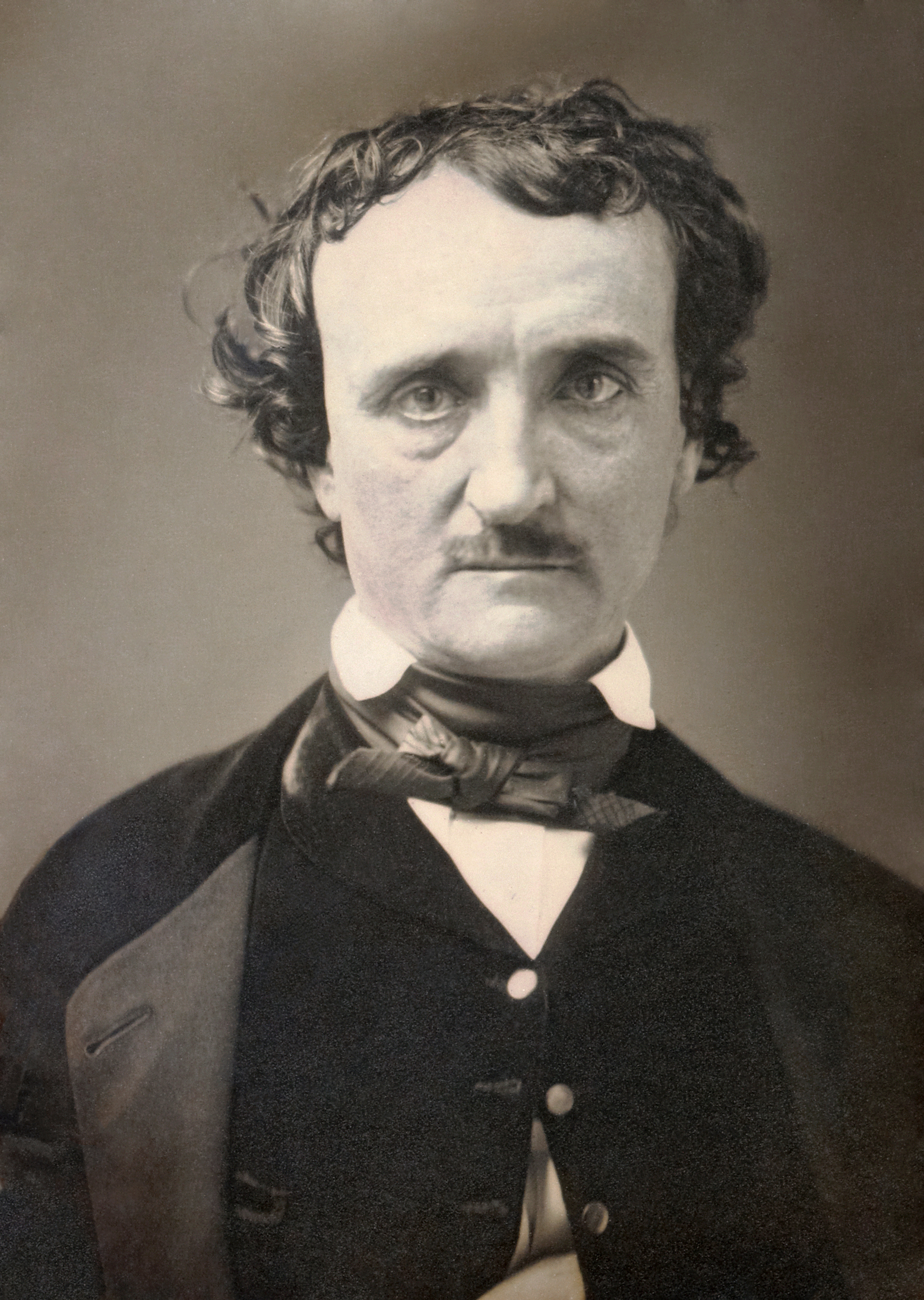Edgar Allan Poe citations célèbres
Histoires grotesques et sérieuses, 1865, Le Mystère de Marie Roget, 1850
Nouvelles Histoires extraordinaires, 1857, Le Puits et le Pendule, 1843
Nouvelles Histoires extraordinaires, 1857, L'Ile de la Fée, 1841
Citations sur les hommes et les garçons de Edgar Allan Poe
Charles Baudelaire, L'Art romantique, chapitre 10 : « Edgar Poe, sa vie et ses œuvres »
Nouvelles Histoires extraordinaires, 1857, L'homme des foules, 1840
Edgar Allan Poe Citations
La Philosophie de la composition, 1846
Nouvelles Histoires extraordinaires, 1857, Conversation d'Eiros avec Charmion, 1850
“Ne jamais souffrir serait équivalent à n’avoir jamais été heureux.”
Histoires extraordinaires, 1856, Révélation magnétique, 1844
Eureka, 1848
Histoires grotesques et sérieuses, 1865, Eleonora, 1861
Nouvelles Histoires extraordinaires, 1857, Colloque entre Monos et Una, 1841
Gaston Bachelard
Gaston Bachelard
Edgar Allan Poe: Citations en anglais
“Come! let the burial rite be read — the funeral song be sung!”
An anthem for the queenliest dead that ever died so young —
A dirge for her the doubly dead in that she died so young.
"Lenore", st. 1 (1831).
“For the love of God Montresor!”
"The Cask of Amontillado" (1846).
quit the bust above my door!
Take thy beak from out my heart, and take thy form from off my door!"
Quoth the Raven, "Nevermore."
Stanza 17.
The Raven (1844)
“There is no oath which seems to me so sacred as that sworn by the all-divine love I bear you.”
By this love, then, and by the God who reigns in Heaven, I swear to you that my soul is incapable of dishonor — that, with the exception of occasional follies and excesses which I bitterly lament, but to which I have been driven by intolerable sorrow, and which are hourly committed by others without attracting any notice whatever — I can call to mind no act of my life which would bring a blush to my cheek — or to yours. If I have erred at all, in this regard, it has been on the side of what the world would call a Quixotic sense of the honorable — of the chivalrous.
" Letter to Mrs. Whitman http://www.lfchosting.com/eapoe/WORKS/letters/p4810181.htm" (1848-10-18).
then let thy heart
From its present pathway part not!
Being everything which now thou art,
Be nothing which thou art not.
So with the world thy gentle ways,
Thy grace, thy more than beauty,
Shall be an endless theme of praise,
And love — a simple duty.
" To Frances S. Osgood http://www.readbookonline.net/readOnLine/595/" (1845).
